
Nuraghe Su Nuraxi Barumini. Italia Reiseführer sardinien, Sardinien, Tolle reiseziele
History of Su Nuraxi di Barumini. Little is known about the nuraghe, except that they are thought to have been built from the Bronze Age to the Early Iron Age (circa 1500-800BC) by the island's inhabitants as a form of defence, particularly against the Carthaginians. Comprised of a series of stone structures, Su Nuraxi di Barumini became a.
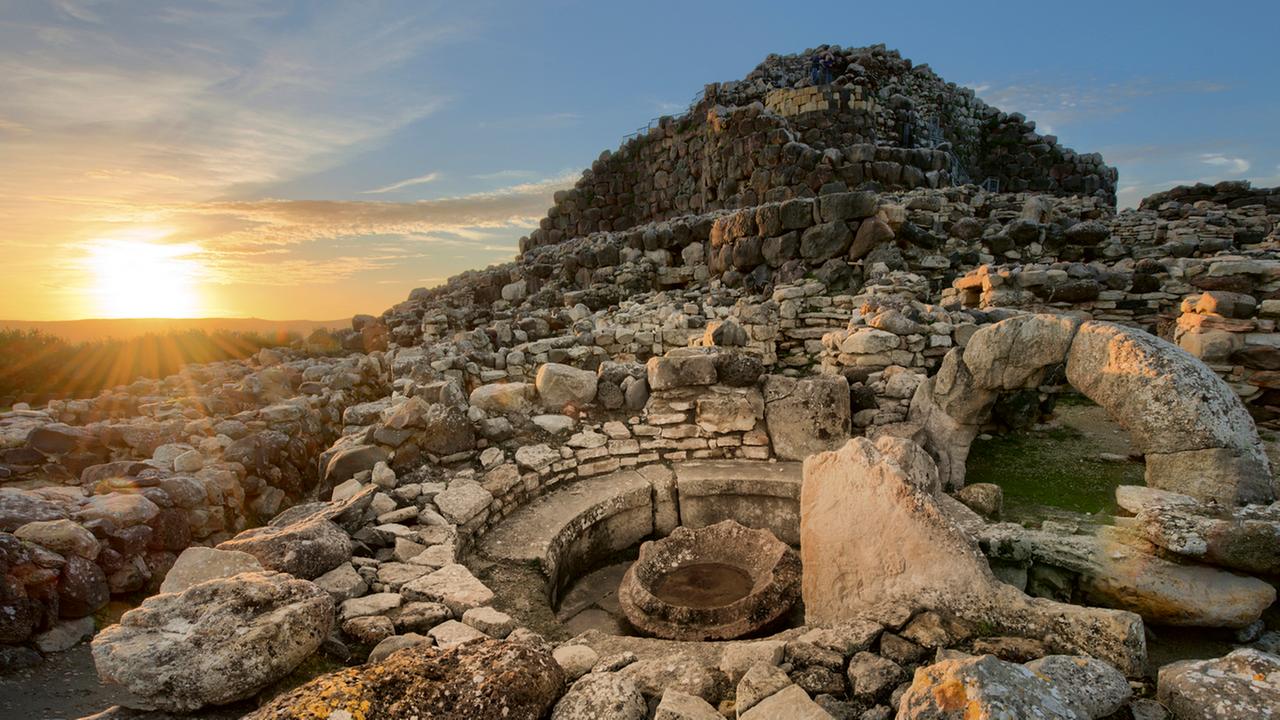
SARDEGNA, Su Nuraxi di Barumini ViVi GREEN
Su Nuraxi di Barumini. During the late 2nd millennium B.C. in the Bronze Age, a special type of defensive structure known as nuraghi (for which no parallel exists anywhere else in the world) developed on the island of Sardinia. The complex consists of circular defensive towers in the form of truncated cones built of dressed stone, with corbel.
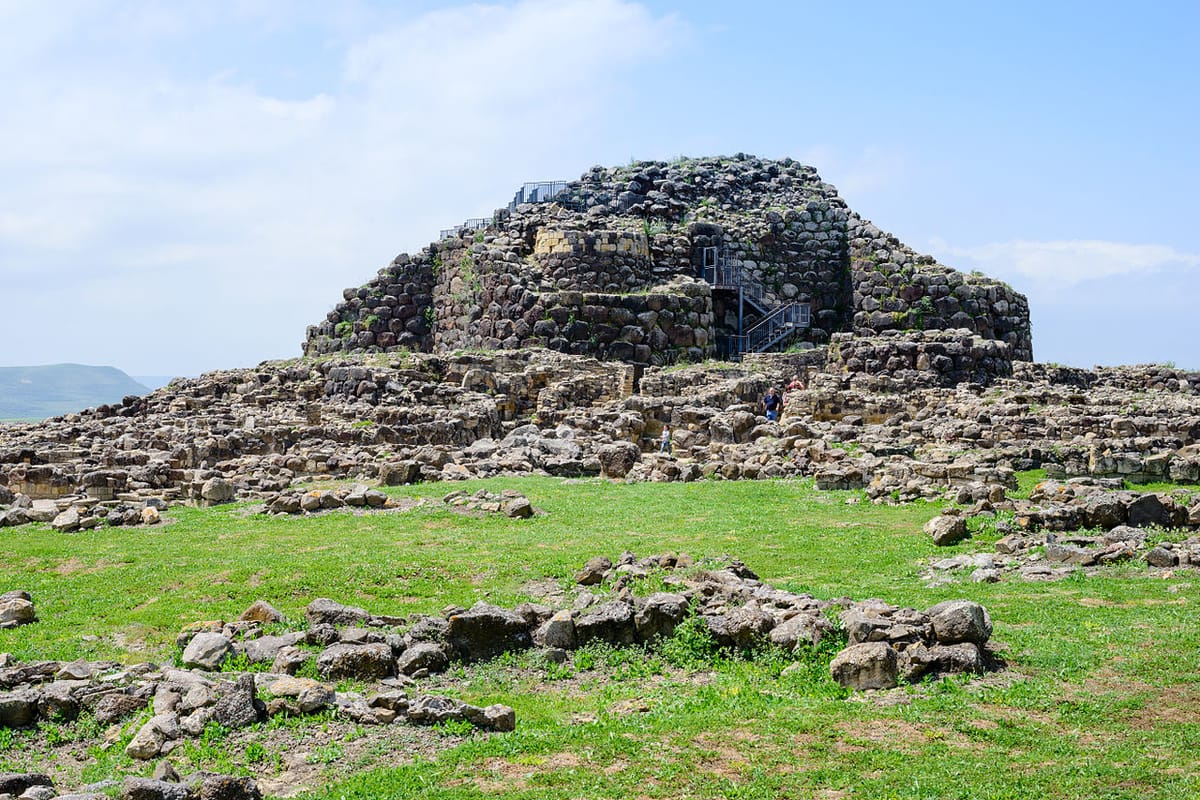
Nuraghe Su Nuraxi Guide Sardinia Top Tips SopranoVillas
Opening times, visitor policies and admission fees The Cultural Heritage of Barumini can be visited every day of the year by purchasing the entrance ticket at a single and convenient rate that allows you to visit the three structures: Su Nuraxi, Casa Zapata and the Centre Giovanni Lilliu. Those interested only in the temporary exhibitions inside the Centre for Communication and Promotion of.

Su Nuraxi, UNESCO Site in Barumini Sardinia Holidays 2023
Su Nuraxi di Barumini L'area archeologica Su Nuraxi è stata scoperta e portata alla luce dall'archeologo Giovanni Lilliu nel corso degli anni '40-'50 e per la sua unicità è entrata a far parte del Patrimonio Mondiale Unesco nel 1997.

Su Nuraxi Di Barumini, Sardinia. Cerdeña, Lugares maravillosos, Paisajes
A great heritage, that one of Barumini, which has been enriched recently of another wonder: Su Nuraxi 'e Cresia . Another complex nuraghe brought to light in the Nineties during the restoration works of Casa Zapata , the old noble residence of Zapata family, coming from Aragon, built on the complex nuraghe as from the end of 1500.

Su nuraxi, Barumini (Sardinia). The largest Nuragic village in Sardinia r/Archaeology
The Nuragic site of Barumini. Su Nuraxi is an archaeological area of more than 2.000 years old, from 1500 BC up to the VII century AD. Actually we found many evolutionary steps. Main tower dates back to the oldest stage of the constructing form between1500 and 1300 BC. It was about 18,60 meters high, fitted with 3 inner chambers overlaid on top.
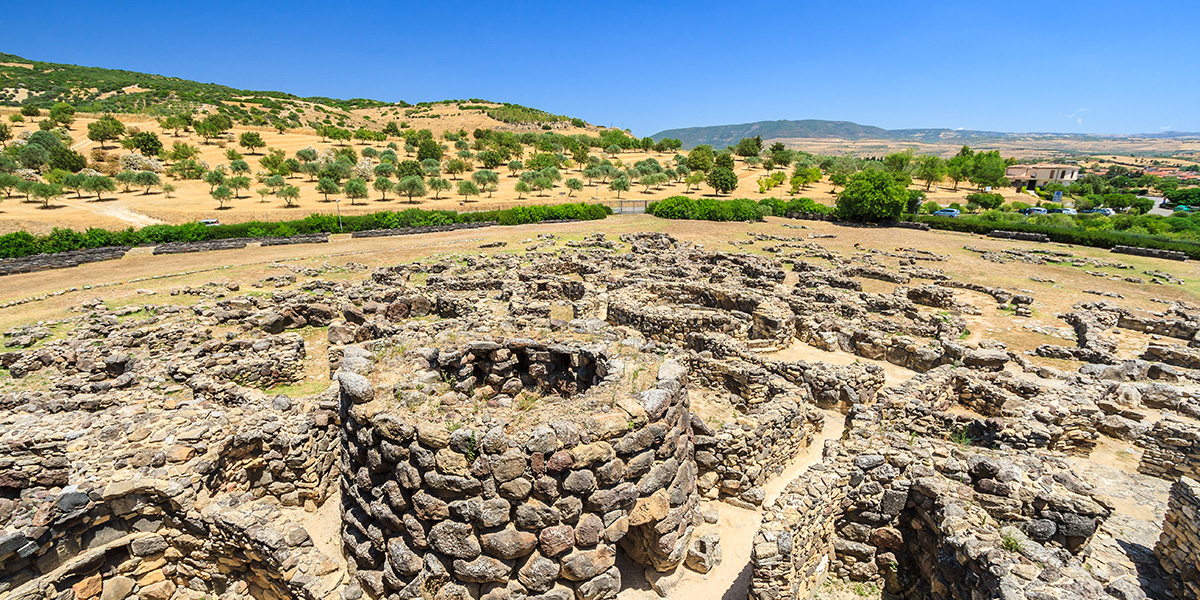
“Su Nuraxi” of Barumini Sardinia Magic Experience
Su Nuraxi di Barumini Barumini, Italy This one-of-a-kind archeological site is home to strange prehistoric ruins, the original use of which is still a mystery. Been Here? 93 Want to Visit? 200.
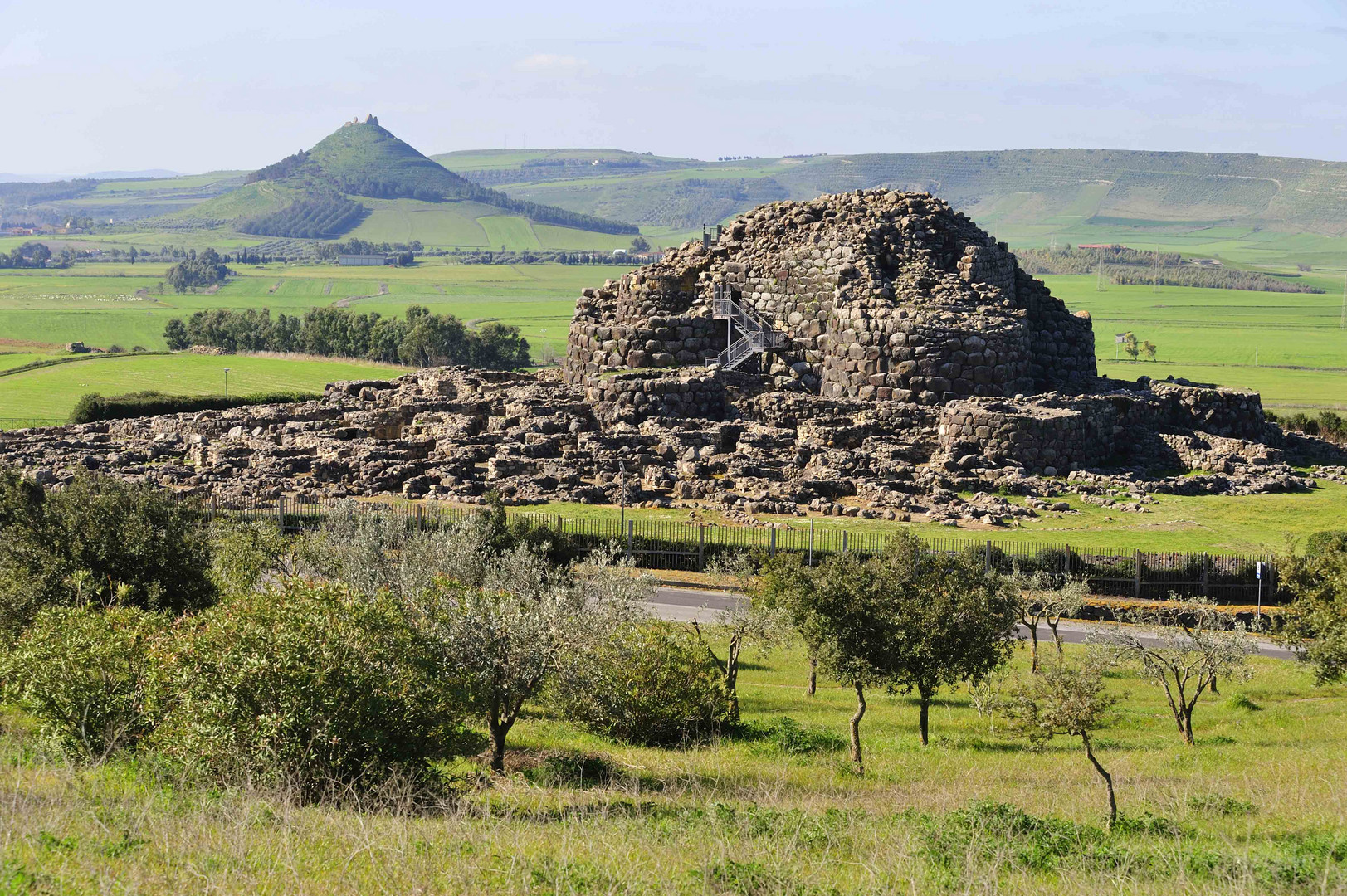
Nuraghe Su Nuraxi bei Barumini Foto & Bild europe, italy, vatican city, s marino, italy Bilder
World Heritage partnerships for conservation. Ensuring that World Heritage sites sustain their outstanding universal value is an increasingly challenging mission in today's complex world, where sites are vulnerable to the effects of uncontrolled urban development, unsustainable tourism practices, neglect, natural calamities, pollution, political instability, and conflict.
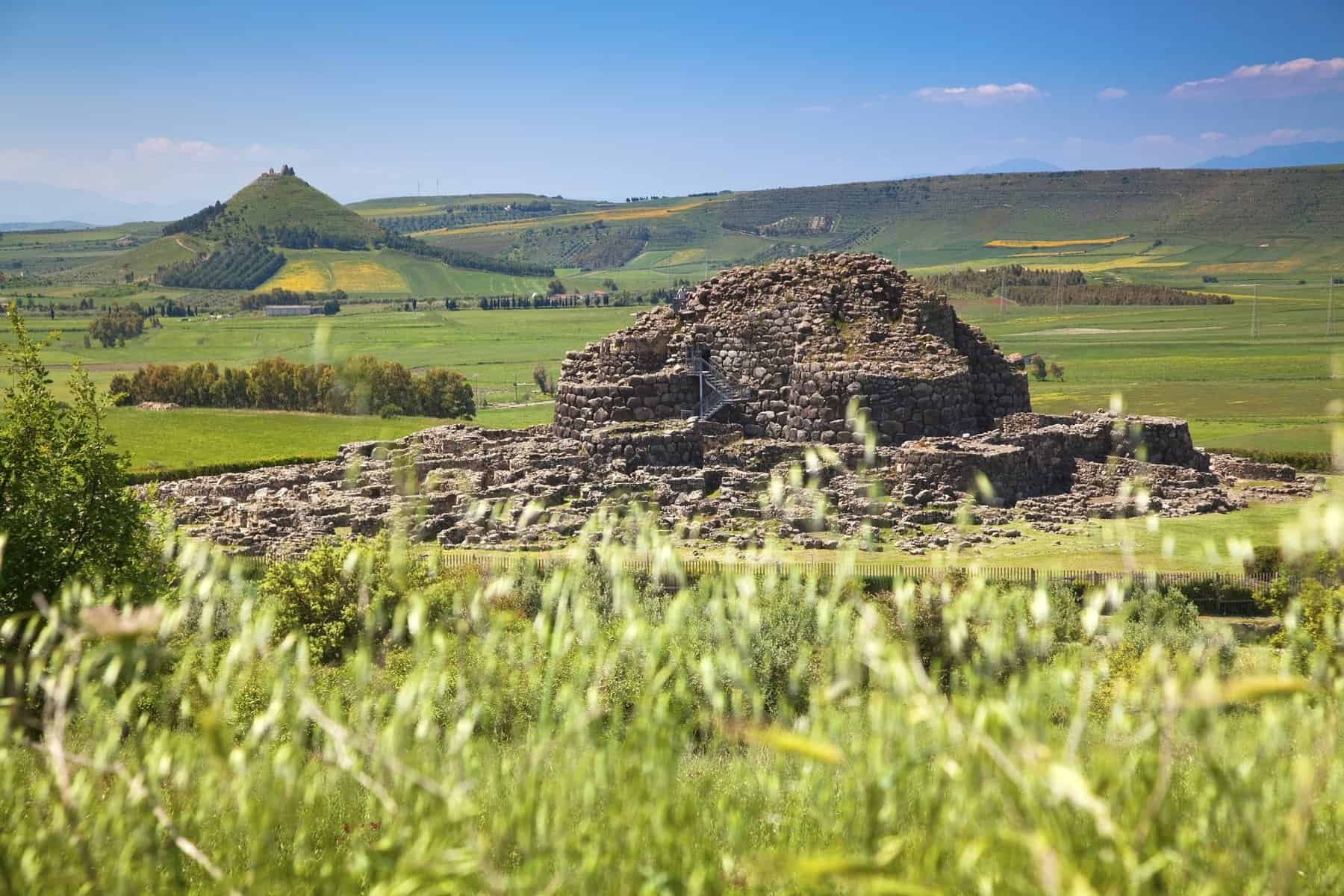
Barumini Alla Scoperta Di “Su Nuraxi” This Must Be The Place
Su Nuraxi di Barumini During the late 2nd millennium B.C. in the Bronze Age, a special type of defensive structure known as nuraghi (for which no parallel exists anywhere else in the world) developed on the island of Sardinia.

Su Nuraxi is a nuragic archaeological site in Barumini, Marmilla, Sardinia, Italy Sardinia
Su Nuraxi-Barumini Climb 11 towers, thread needle-tight escape routes, and dip into more than 200 homes of a remarkably well preserved prehistoric castle complex that once guarded a surrounding.

Su Nuraxi, Barumini, Italy (17th century BCE) YouTube
To penetrate the Nuraghe of Barumini, enemies had to reach a small entrance located about 7 meters high, making "Su Nuraxi" in the eyes of the enemy an untakeable fortress. Even today, after the excavations carried out by the archaeologist Giovanni Lilliu in the 50s, the only entrance to the fortress is the "sky door". Lilliu's archaeological excavations proved that Su Nuraxi was being.
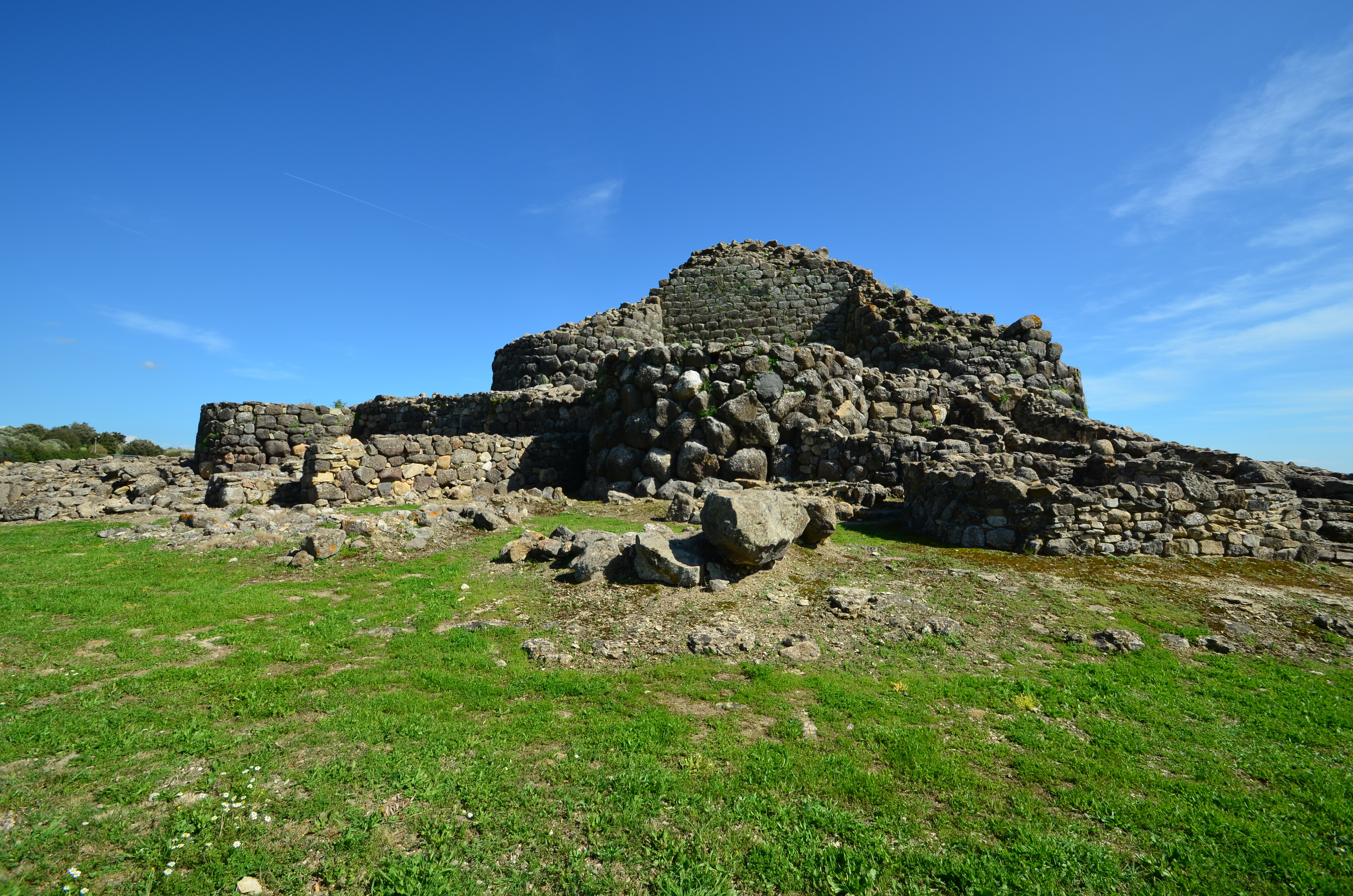
Su Nuraxi SardegnaTurismo Sito ufficiale del turismo della Regione Sardegna
The site of Su Nuraxi di Barumini (Barumini is the name of the region in south-central Sardinia) is one of the most thoroughly studied of Sardinia's nuraghi. The oldest part of Su Nuraxi is a central tower that stands approximately 18.6 meters high and was built from basalt between the seventeenth and thirteenth centuries B.C.E.
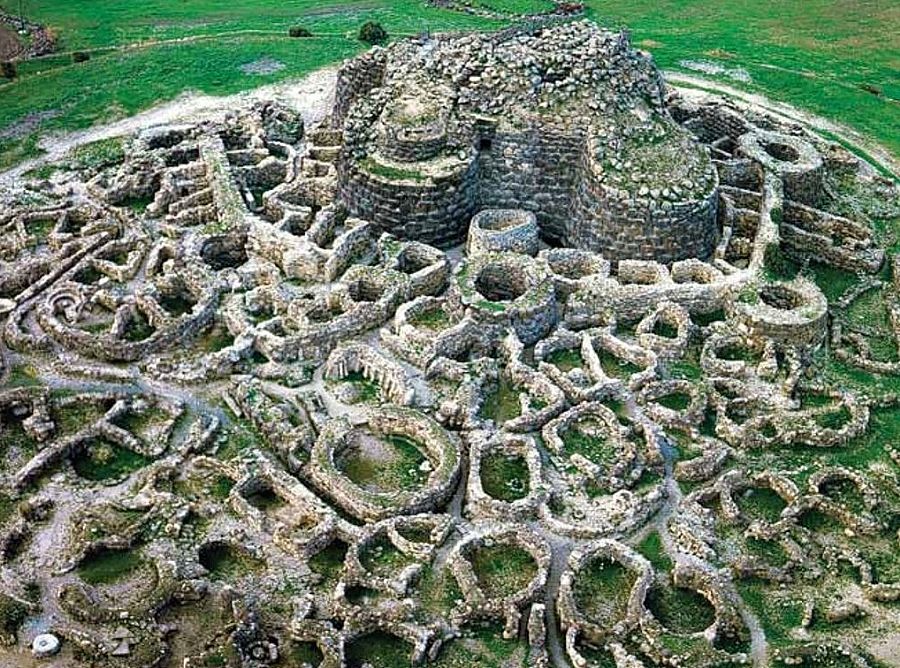
Su Nuraxi di Barumini UNESCO Site Sardinia, Unesco World Heritage Site in Sardinia, Italy
A nuraghe is a megalithic stone structure that usually takes the form of a truncated conical tower. The interior profile of the built tower is usually beehive-shaped, while the exterior resembles the more familiar image of a Medieval tower. The construction is dry stone (no bonding material is used).
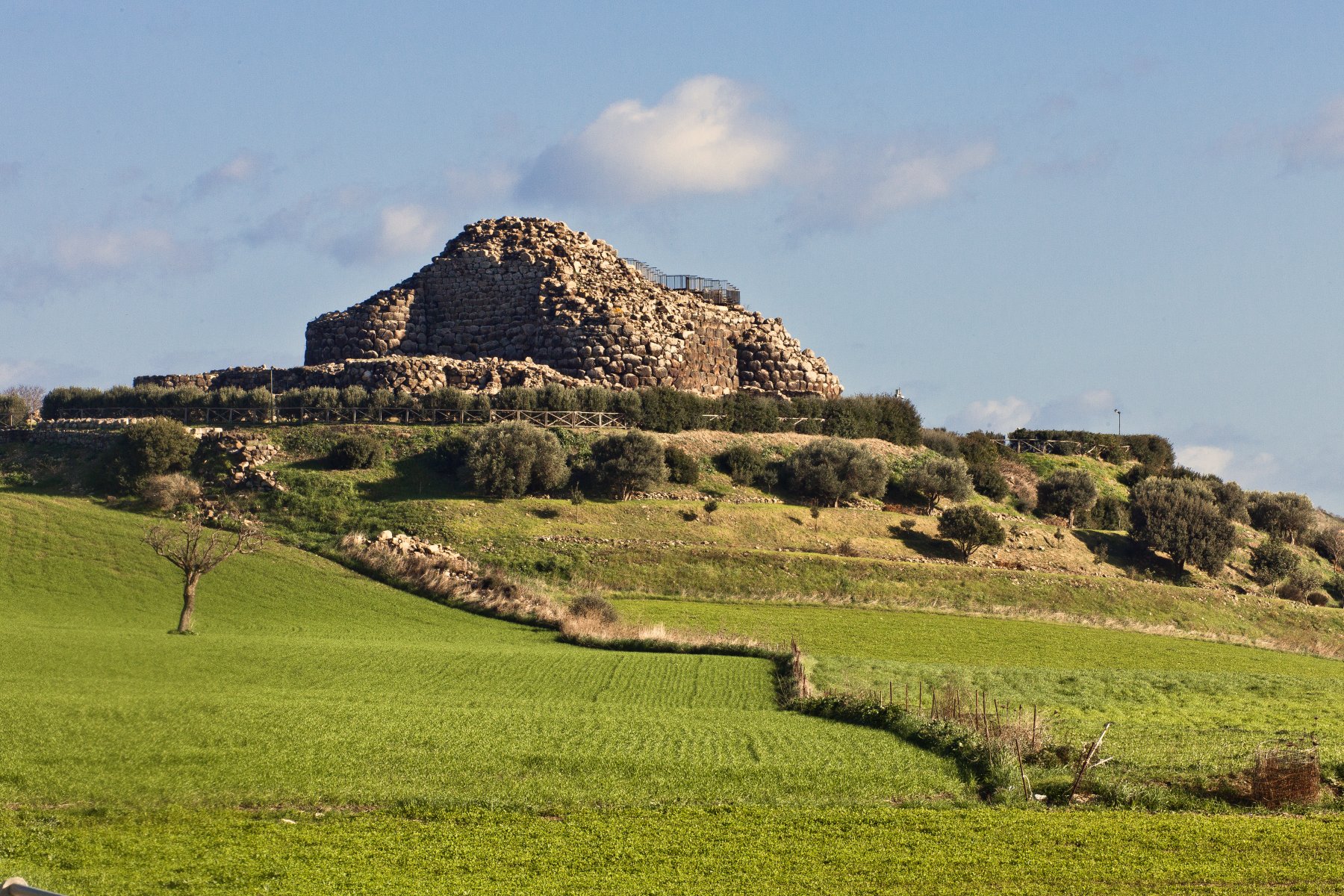
Unesco Su Nuraxi di Barumini
Nuraghe Su Nuraxi. In the heart of the voluptuous green countryside near Barumini, the Nuraghe Su Nuraxi is Sardinia's sole World Heritage Site and the island's most visited nuraghe. The focal point is the 1500 BC tower, which originally stood on its own but was later incorporated into a fortified compound.
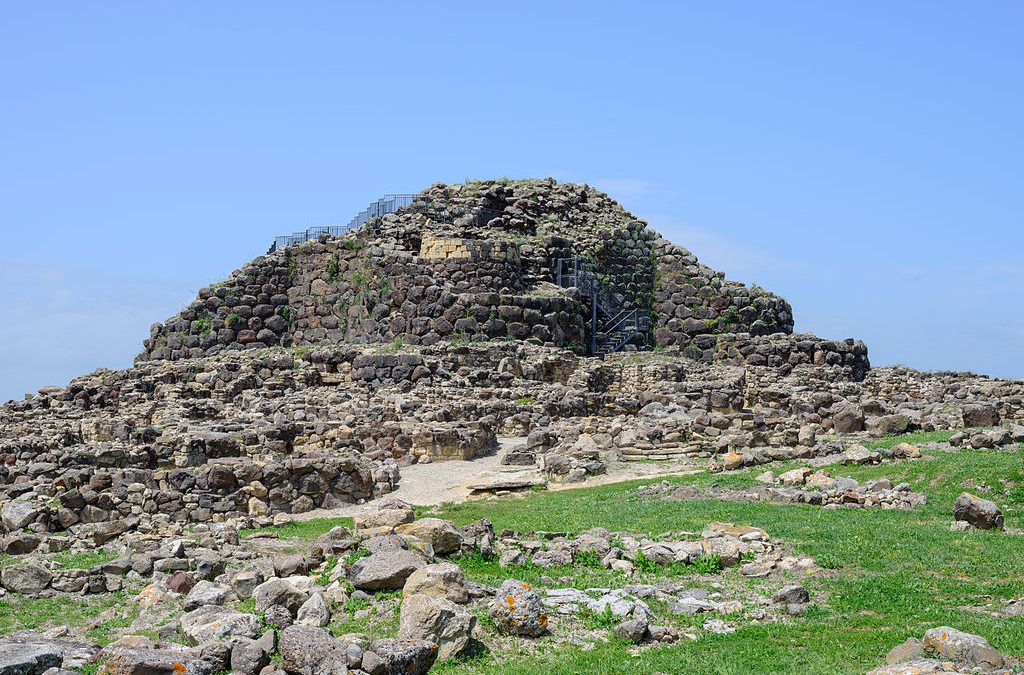
Su Nuraxi di Barumini vestigiul celei mai vechi civilizații din insula Sardinia Turism Istoric
Su Nuraxi di Barumini is one of Sardinia's top tourist sites and one of Italy's UNESCO World Heritage Sites. Barumini Nuraghe, Sardinia by James Martin What is a Nuraghe? Nuraghi (the plural of nuraghe) are Bronze Age megalithic towers that dot Sardinia. More than 7000 nuraghi can be found on the island but most are mainly ruins.

Nuraghe Su Nuraxi, Barumini, localita, Archeologia Touring Club
Su Nuraxi This magnificent nuraghe is located right outside Barumini, and it is one of the most important nuraghe in Sardinia. This isn't the only nuraghe in the area - actually there are more or less 30 of them - but it is certainly the most interesting one, and the one that has seen the largest excavation and research.